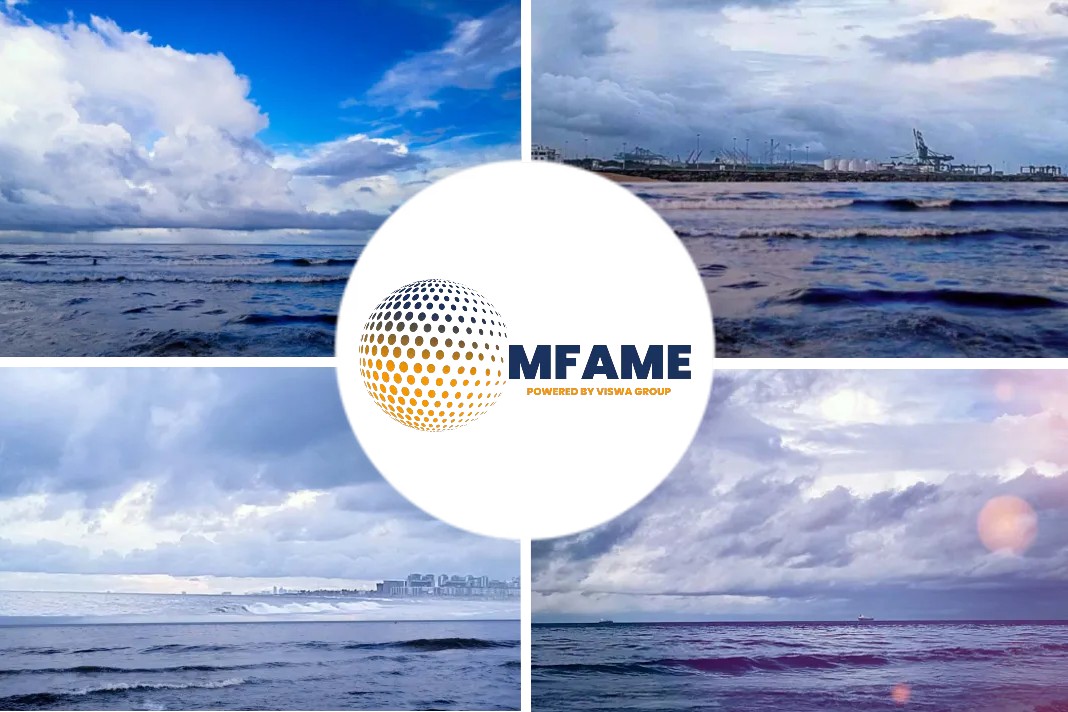Hong Kong should cut profits tax by half and provide loans for vessel owners and supporting professionals to lure shipping business back from regional rival Singapore, a task force set up by the government says.
In a 34-page report released on Monday, a working group under the Hong Kong Financial Services Development Council called on officials to implement a concessionary tax rate no higher than 8.25 per cent for firms in ship leasing management and supporting services.
The figure would be half the city’s current profits tax rate on annual earnings above HK$2 million (US$255,000).
The report also suggested a Hong Kong sovereign-rated financial institution “perform a facilitating role” by helping finance securitised loans, buying shipping loans directly from banks and providing insurance for the borrowed sums.
Kenneth Lam Sze-kin, chairman of Credit Agricole Asia Shipfinance, who sits on the working group, said the recommendations were not a call for subsidies but rather an effort to “take back what Hong Kong has lost to Singapore in the past two decades” and to prepare the city for a new round of competition.
Singapore was ranked ninth at the end of last year in ships registered when measured by gross tonnage, at 41.2 million, according to Clarksons Research. Hong Kong came in 12th with a fleet weighing 27.3 million gross tonnes.
Singaporeans owned 48 per cent of the tonnage registered in the Lion City, where as in Hong Kong the owners were locals for only 24 per cent.
Chasing these ships and their owners wherever they base themselves is a large market of financing.
Rough estimates by Clarksons Research show the total value of the world’s shipping fleet to be about US$1.2 trillion. Some US$250 billion represents vessels under construction or on order.
The working group’s report estimated that about US$80 billion to US$100 billion of new capital expenditure on building ships needed financing each year.
At the end of 2016, loans and advance expenditure for vessels in Hong Kong had reached more than HK$100 billion, according to official figures, which indicated “rather large room for improvement”, Lam said.
The working group concluded that Hong Kong “lags behind [Singapore] in building its base of commercial principals”, or ship owners, because it did not provide as flexible or wide a range of tax incentives and supporting businesses.
In Singapore owners can engage in case-by-case negotiations with the government on tax rates. Businesses supporting these vessels, which are treated like any other business in Hong Kong, can also enjoy a wide rage of tax incentives in the city state.
Sabrina Chao Sih-ming, executive chairman of Wah Kwong Maritime Transport and chairwoman of the Hong Kong Shipowners Association, said she had seen an exodus of owners and shipping professionals from Hong Kong.
“In the past 20 years the majority of owners have left for Singapore. Following them are shipping finance institutes, trading desks and brokers,” Chao said.
“Altogether, these people have shifted the industry’s centre of gravity from Hong Kong to Singapore.”
The association, chaired by Chao, has 203 corporate members, whereas its Singaporean counterpart, the Singapore Shipping Association, has more than 470.
Further competition for ship owners and industry professionals would arise when the Organisation for Economic Cooperation and Development implemented a series of actions to combat tax avoidance, the working group said.
The measures would drive owners with ships registered in tax havens to look for new domiciles with stable, low tax rates where compliance standards are easily met, Lam said.
“This could be a chance for Hong Kong to revitalise the shipping industry,” he said.
“If the government agrees to use some of its reserves to provide more loans or other financial products in collaboration with commercial banks, it can show ship owners that Hong Kong is committed to attracting them, which in the long run will bring back the city’s competitive edge.”
Hong Kong is a participant to the OECD framework, and officials gazetted amendments to the Inland Revenue Ordinance last December to tighten up tax exemptions for ship owners.
But the working group called on the government to consult the shipping industry before implementing the amendments.
Did you subscribe for our daily newsletter?
It’s Free! Click here to Subscribe!
Source: South China Morning Post

















